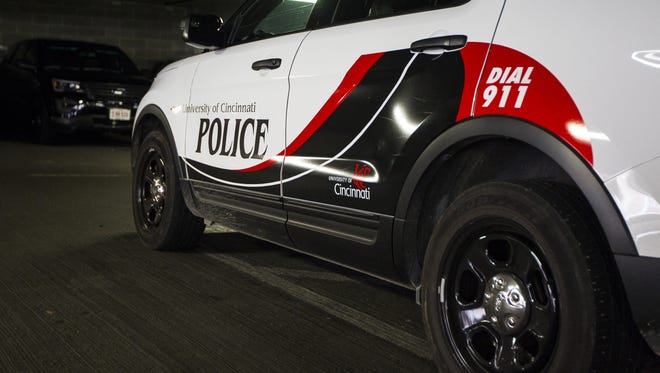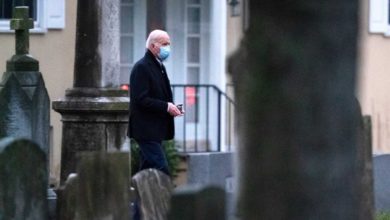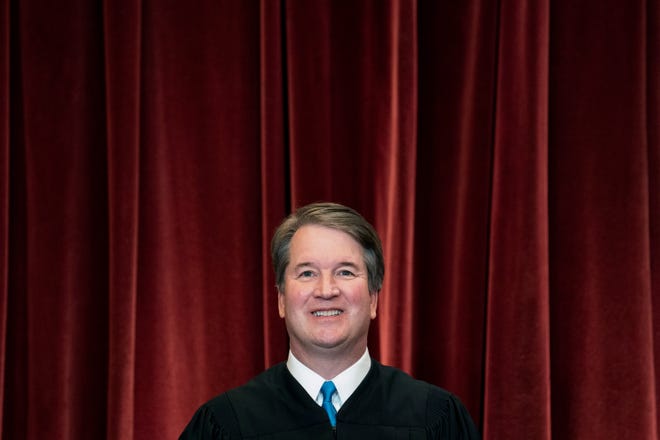

Cincinnati's city manager is pausing the adoption of a new agreement with the University of Cincinnati police that would govern what they can do off-campus.
University police have been under scrutiny since the 2015 killing of Sam DuBose. Former UC officer Ray Tensing was conducting a "proactive" traffic stop when DuBose tried to drive away and Tensing fatally shot him in the head.
In the wake of the killing, Cincinnati's City Council passed a resolution restricting off-campus traffic stops.
This new agreement is part of a confusing and technical process, which UC Police Chief James Whalen said was further complicated by incorrect media reports this week that implied those restrictions would be lifted by a new agreement.
Whalen told The Enquirer Thursday that's simply not the case.
The agreement in question is called a mutual aid agreement. The purpose of the document is to define the roles of UC's police department and Cincinnati police when situations occur that could involve both departments. It also spells out how the departments can and should help each other.
The mutual aid agreement currently governing the campus police dates back to 2009. While City Council restricted the department, that was done through a separate memorandum of understanding. No changes were made to the mutual aid agreement following the death of DuBose, Whalen said.
Whalen said the new mutual aid agreement would codify some of the restrictions placed on his department.
City Manager Paula Boggs Muething outlined these changes in a memo issued Thursday. Under the pending agreement, UC police officers may engage in off-campus enforcement in only the following circumstances:
- UC officer observes a felony criminal offense in progress or about to occur.
- UC officer observes a non-traffic misdemeanor criminal offense of violence or theft in progress or about to occur.
- UC officer observes a traffic offense with an immediate risk of serious harm to the public in progress.
"No proactive stops are permitted by the agreement," Boggs Muething wrote.
"Proactive" traffic stops are stops that aren't explicitly aimed at improving traffic safety. Proactive stops are used to uncover other criminal behavior or used to create a sense that an area has a highly visible police presence.
If someone is drag racing up and down Calhoun Street putting pedestrians in danger, the new agreement would likely not restrict a UC officer from pulling that vehicle over.
"We serve as a resource to the students and the community and we serve a support function to the Cincinnati police who have primary jurisdiction," Whalen said.
However, Boggs Muething said the new agreement needed more community engagement. In addition, she said her advisory group and the incoming city council members had not had a chance to fully offer their feedback.
Whalen said he has engaged the UC Police Department's advisory group, community councils and other stakeholders.
"We did our end of it," Whalen said. "Now they can do their end of it."
In her memo, Boggs Muething said she is looking forward to the continued conversations on the new agreement and that the prior mutual aid agreement and memorandum of understanding will stay in effect until the new agreement is finalized. She also wanted city leaders to clearly know that the new agreement will not be a return to how UC's police department used to function.
"The new agreement only allows UCPD to react in situations where there is an imminent threat to public safety," Muething wrote. "It does not permit UCPD officers to conduct traffic stops such as the stop that resulted in the killing of Sam Dubose."
Source link








